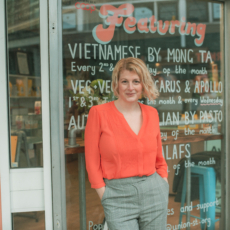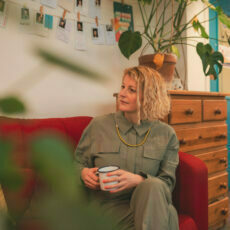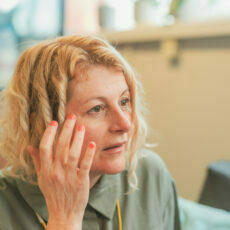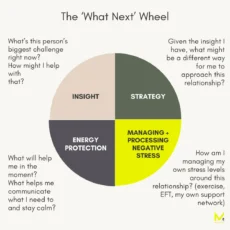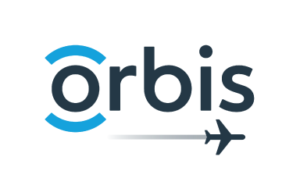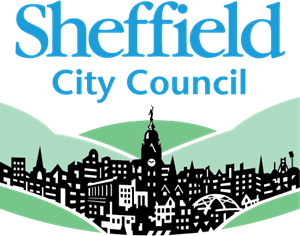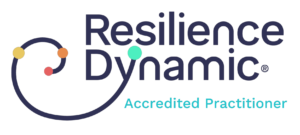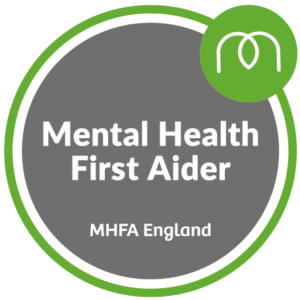In the first few days of 2020 I was pulling together a resilience workshop and around me the news headlines were beckoning an apocalyptic start to the decade: conflict, bush fires and excessive coverage of a couple who had seemed resilient to the demands of their roles in the world. But the new year dawned and they sought a new way of being.
Harry and Meghan may have felt a lack of control over their lives, but back in January they took control back by deciding on a different path. All of us have some agency over our lives, though it may not always seem that way, and we can make changes. They may not need to be as dramatic as Harry and Meghan’s move abroad, but simply a change to how we think about, or frame, challenge can be equally as freeing!
Back in our resilience workshop, we had some really interesting and inspiring conversations and I thought you might like to read about some of the resources we explored.
A diagnostic
Robertson Cooper aka A Good day at work developed their i-resilience diagnostic around 4 pillars of resilience: social support, confidence, adaptability and purposefulness. They offer a diagnostic report which gives you personalised insight into your resilience triggers and helpers. Worth taking a look to get you thinking!
A book
Resilience dynamic by Jenny Campbell – I have the joy of working with Alison Kane, one of the directors of The Resilience Engine and what a resourceful and inspiring coach she is! I love how this book debunks a lot of resilience myths, including that being resilient means being tough (it doesn’t!) There’s an online resilience check you can do here.
A model
Covey’s circles of influence – ah Stephen Covey, I think 2020 is definitely the year for your spheres of influence. He talks of three concentric circles, the smallest is our circle of control – the stuff in there we can do something about. Slightly bigger and around the first circle is our circle of influence – things go in there which are not directly within our control but certainly something we could influence if we worked out how. The final circle represents that which we can as individuals neither directly control nor influence. The Twitter output of President Trump for example. Or in an organisational context, what the senior leaders are saying in their weekly meeting and how they chose to communicate that to their teams (unless of course you are one of those senior leaders!)
The more time we spend in that which we cannot control or influence the more stressful it is, and the less agency we feel we have. The more time we spend on what we can influence or control the more resourceful we feel. And, crucially, the more our circle of influence expands.
In daily life this might look like thinking carefully about how and when we can influence, and what’s the most important thing for us to influence on, then let go of a lot of the rest. You can read a bit more here
A TED talk
A talk on balance from Dan Thurman – you’ll remember this if you’ve seen it as he starts by doing a hand stand, but bear with it. He talks about the very nature of balance being flawed because it imagines for a start that diff areas of our lives can be carefully ring fenced. He talks about embracing when things are imbalanced and seeking the learning.
This totally chimed with me as someone who ‘balances’ parenting, running a coaching business and doing voluntary work. What’s important to me is that I’m authentically myself in whatever area of my life I’m in at that moment, and also giving myself the right amount of stretch and challenge at any time. Reviewing your personal values can help with this, and can also help you say No, when you need to.
A podcast
Bruce Daisley’s Eat Sleep Work Repeat series includes a fantastic interview with Pippa Grange who worked with the England football team under Gareth Southgate. As well as using my favourite resilience metaphor ever, she is so insightful on what builds a positive team culture, which in itself will contribute to a team of resilient individuals.
Finally, no resilience blog would be complete without referencing the basics: what you eat, how you sleep and your physical activity. Again, one size does not fit all, but it’s worth experimenting with your exercise/caffeine/screen time usage if this is hampering your resilience. There are quick fixes (I swear by charging my phone downstairs overnight) to more longer term goals (anyone want to join me on a couch to 5k?)
The world is changing on many fronts and in order to keep up, our organisations need to evolve. That leads to fewer static job roles and a need for individuals to be adaptable and flexible. Resilience helps us weather changes not only without breaking us but helping us to see the learning to be gained when faced with adversity.

